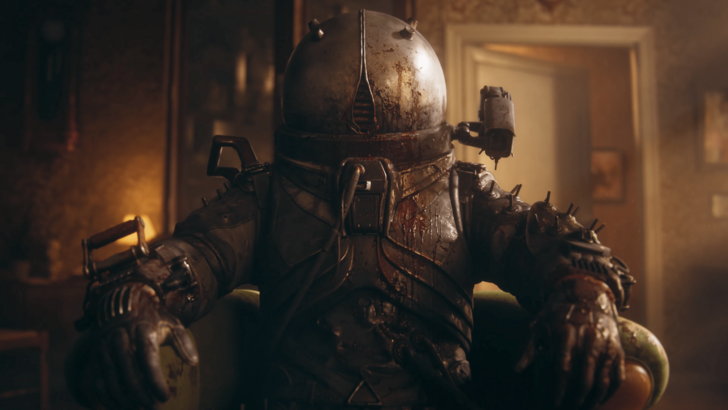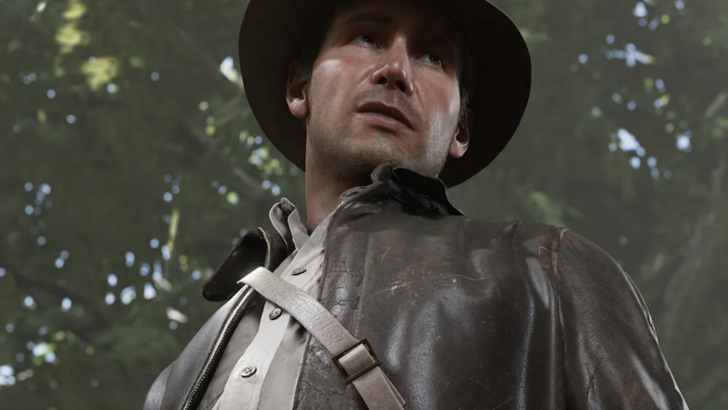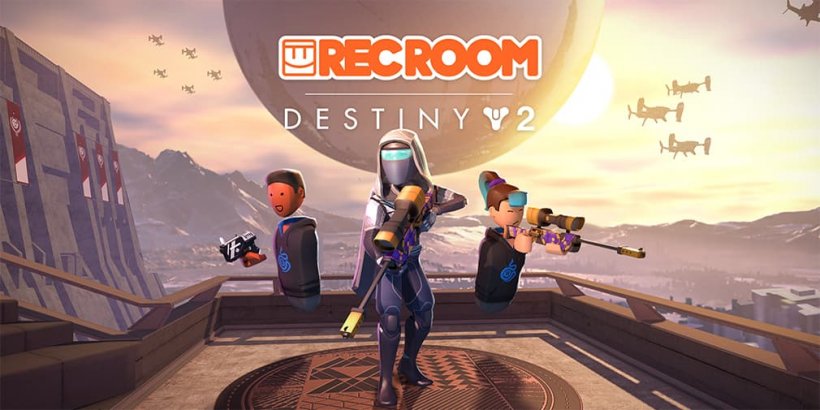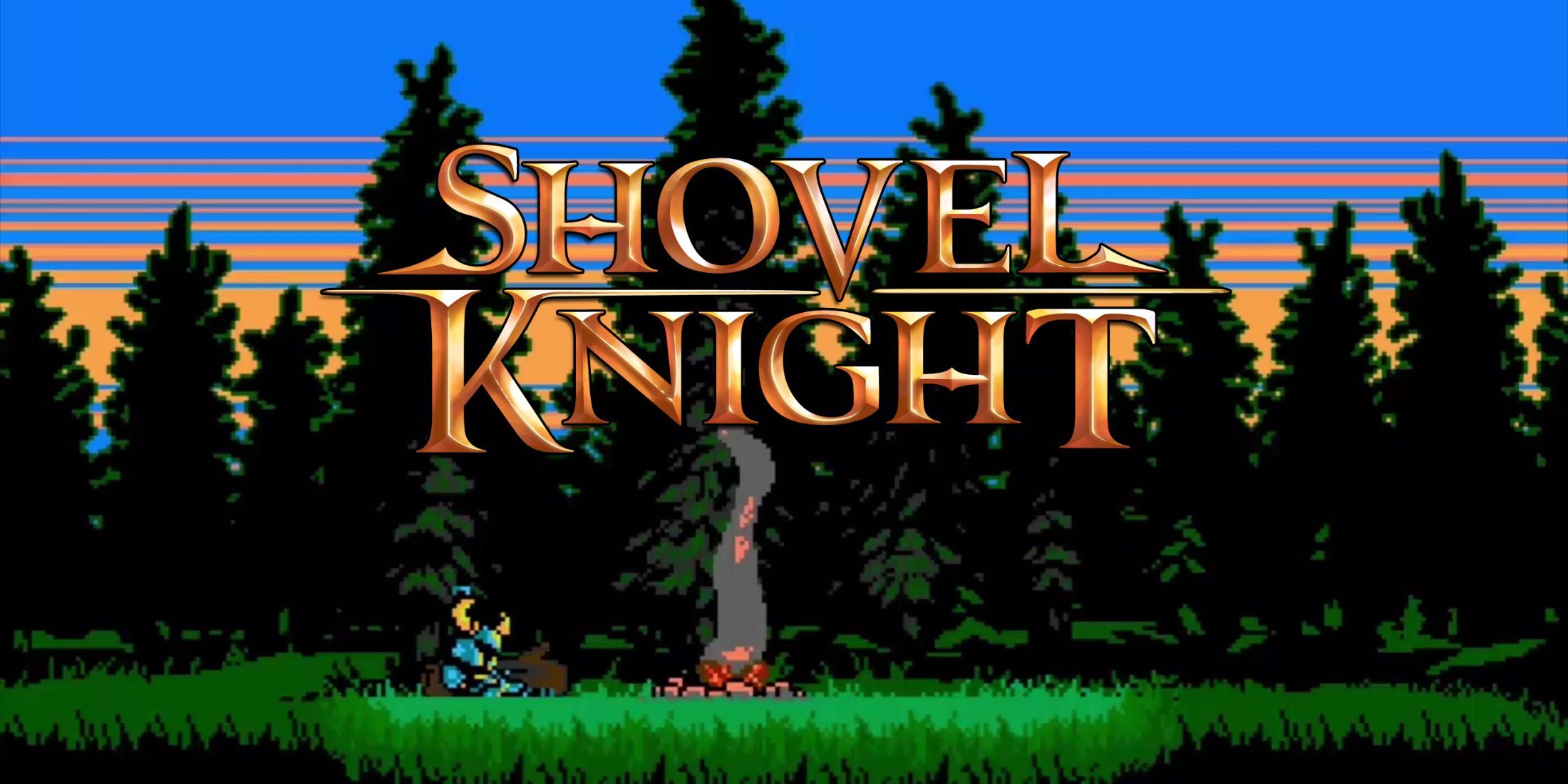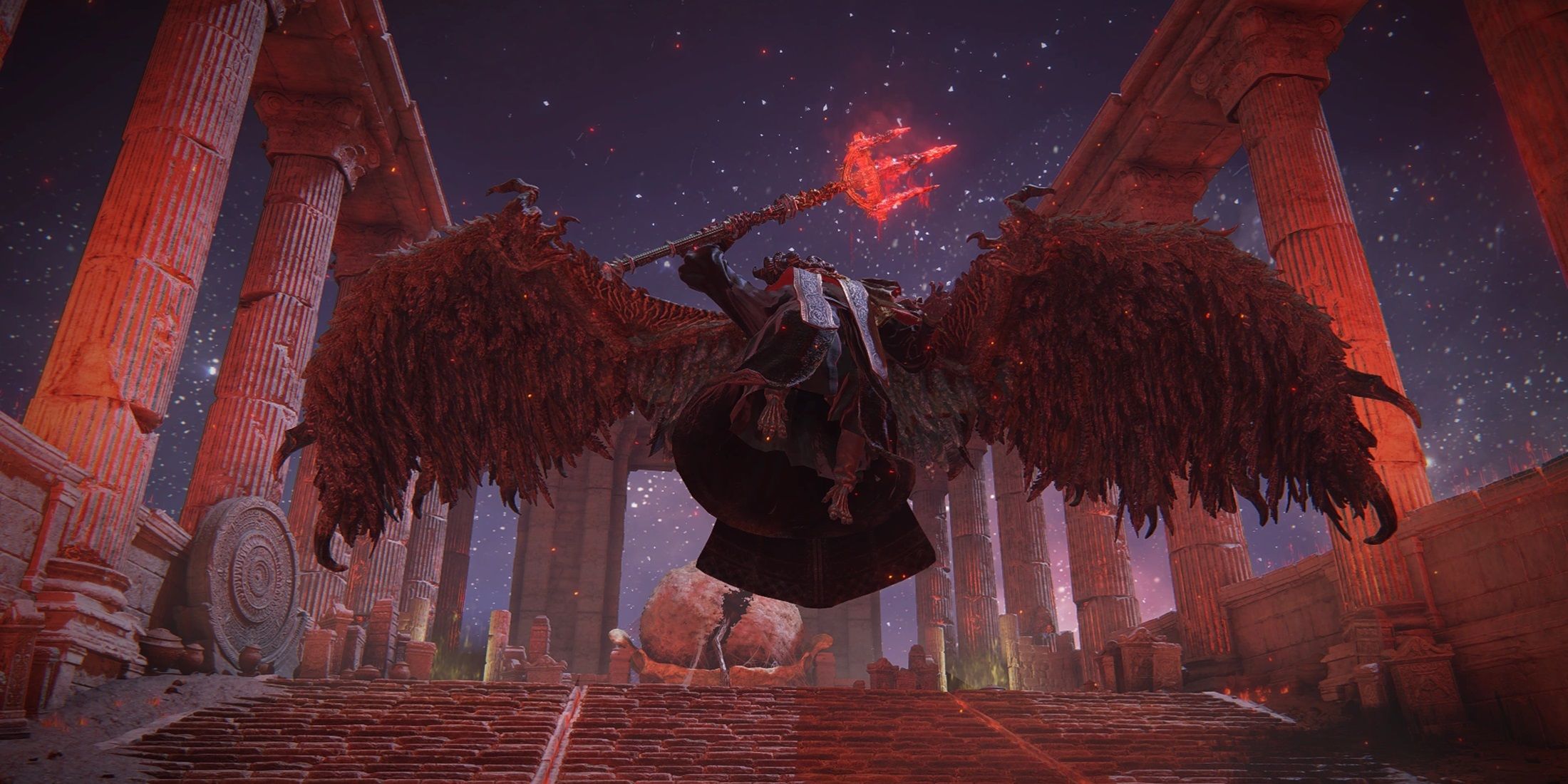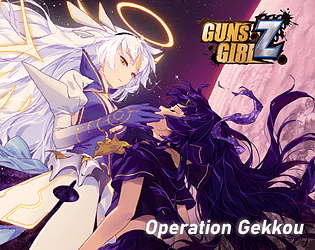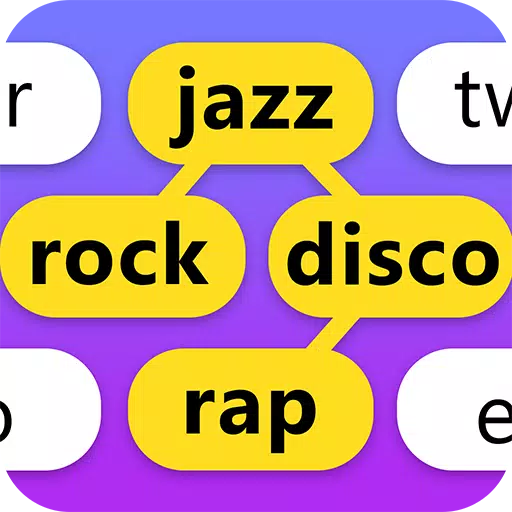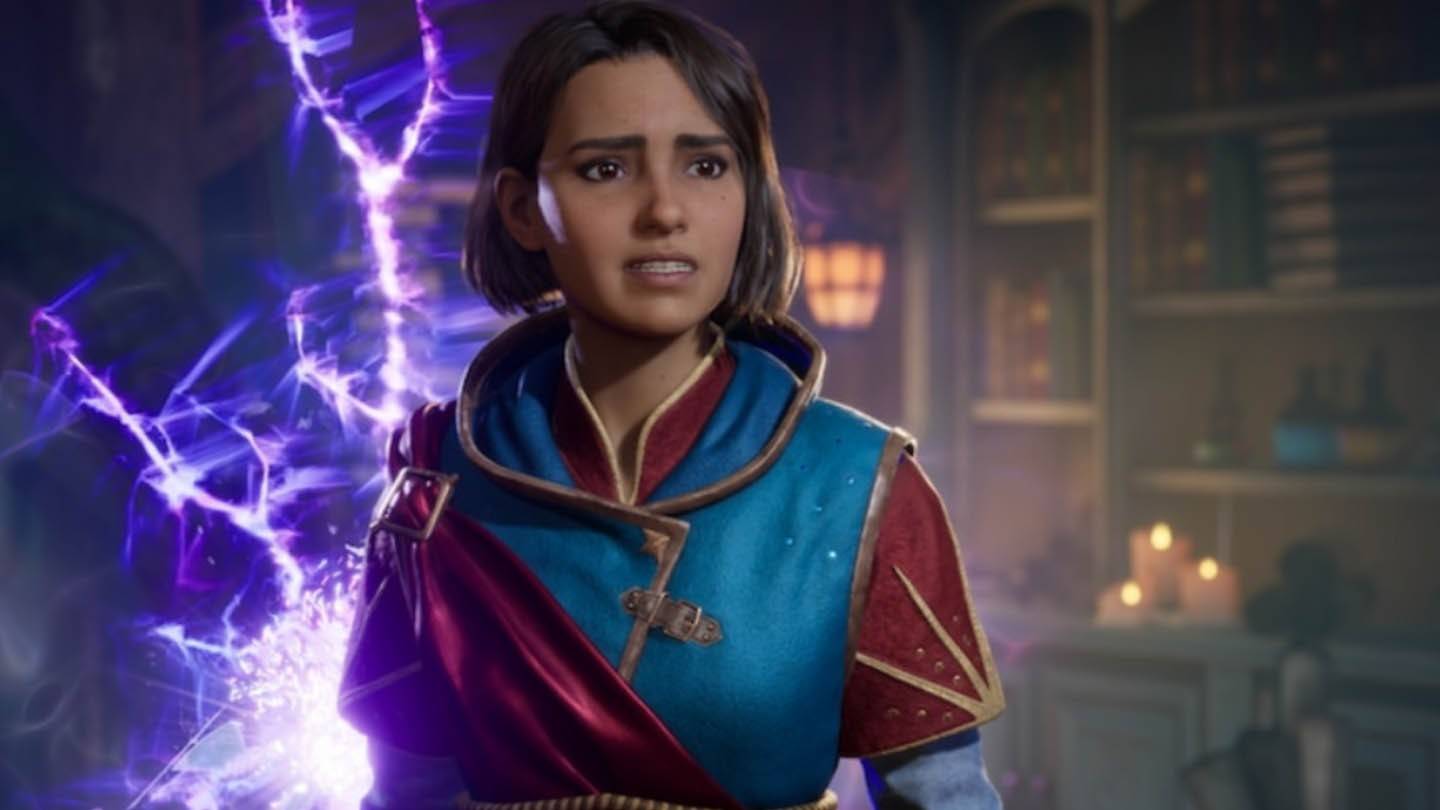
Just days after its eagerly awaited launch on March 6, 2025, across multiple platforms including PC via Steam, Split Fiction, the highly anticipated cooperative adventure game from the creative genius behind It Takes Two, has unfortunately become a target of piracy. Despite garnering critical acclaim and enthusiastic early reviews on Steam, the game fell prey to hackers who exploited the absence of robust DRM (Digital Rights Management) protection. Notably, Electronic Arts chose not to implement Denuvo, a widely used anti-tamper technology, which left Split Fiction more susceptible to unauthorized access.
The lack of Denuvo protection significantly eased the path for hackers to bypass security measures and distribute the game on piracy platforms. Within days of its release, unauthorized copies of Split Fiction started circulating online, enabling users to experience the full game without purchasing it.
This incident underscores the persistent challenges developers face in safeguarding their games against piracy while trying to maintain player accessibility and performance. Many gamers appreciate the absence of intrusive DRM systems like Denuvo, but this also increases the risk of exploitation shortly after a game's launch.
Developed by the mastermind behind It Takes Two, Split Fiction has been lauded by critics for its innovative co-op mechanics, engaging narrative, and stunning visuals. Early player feedback on Steam echoes this praise, with many considering the game a worthy successor to Josef Fares' previous work.
The game invites players to embark on a unique cooperative journey, featuring clever puzzles, heartfelt story moments, and dynamic gameplay. Its success among legitimate buyers highlights the potential impact of piracy on sales and the developer's revenue.
The decision to forgo Denuvo protection in Split Fiction has reignited discussions about the role of DRM in modern gaming. While some argue that DRM can adversely affect game performance and frustrate legitimate players, others see it as a crucial tool to combat piracy.
In the case of Split Fiction, the absence of DRM may have facilitated its swift compromise, prompting questions about whether Electronic Arts underestimated the speed and skill of hackers. This situation serves as a reminder of the delicate balance between protecting intellectual property and ensuring a positive gaming experience for all players.

 Latest Downloads
Latest Downloads
 Downlaod
Downlaod




 Top News
Top News